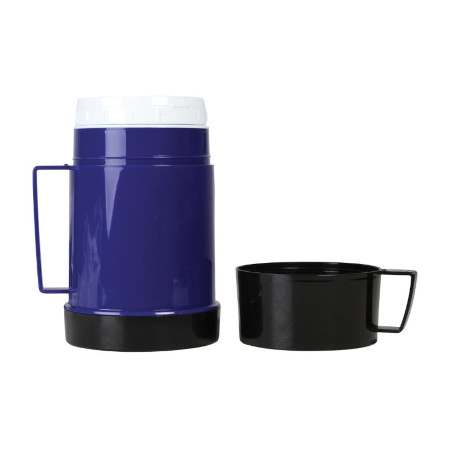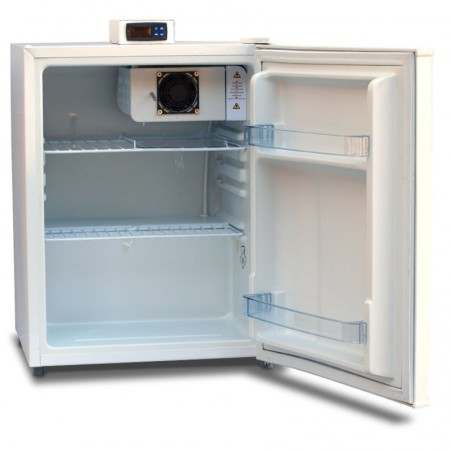We compared the effects of extenders of frozen-thawed semen on post-thaw sperm characteristics and the distribution of frozen-thawed spermatozoa in the female genital tract after fixed-timed deep intrauterine insemination (DIUI) in sows. Frozen semen samples were thawed and diluted in either modified Modena solution (mMS) or porcine fertilization medium (PFM) containing theophylline, adenosine and cysteine. Sperm quality, assessed in vitro based on motility using a computer-assisted sperm analyzer and the integrity of the plasma and acrosomal membranes using flow cytometry, was evaluated at 0.5, 1.5, 3 and 6 h after thawing.
Progressive motility and the percentage of spermatozoa with damaged acrosomal membranes in PFM were significantly better than in mMS throughout the 6 h. Sows with estrus synchronized using prostaglandin F2 alpha, equine chorionic gonadotropin and human chorionic gonadotropin (hCG) were inseminated once with mMS- or PFM-diluted 5 × 108 frozen-thawed spermatozoa by DIUI at 34 h after the hCG injection. At 4 h after DIUI, reproductive tracts were recovered from 30 sows. There were significantly fewer polymorphonuclear leukocytes (PMNs) and more spermatozoa outside PMNs in the uterine horn after PFM treatment than with mMS. When 22 sows were administered DIUI with 10×108 frozen-thawed spermatozoa at 36 h after hCG, the pregnancy rates did not differ significantly between the mMS- (36%) and PFM- (64%) treated groups.

Thus, PFM enhanced progressive sperm motility but increased sperm membrane damage compared with mMS; it also suppressed the migration of PMNs into the uterine lumen.
Michiko Noguchi, Koji Yoshioka, Hirokazu Hikono, Chie Suzuki, Kazuhiro Kikuchi. Effect of semen extenders on frozen-thawed boar sperm characteristics and distribution in the female genital tract after deep intrauterine insemination in sows. Animal Reproduction Science. Volume 163, December 2015, Pages 164–171. doi:10.1016/j.anireprosci.2015.11.006






